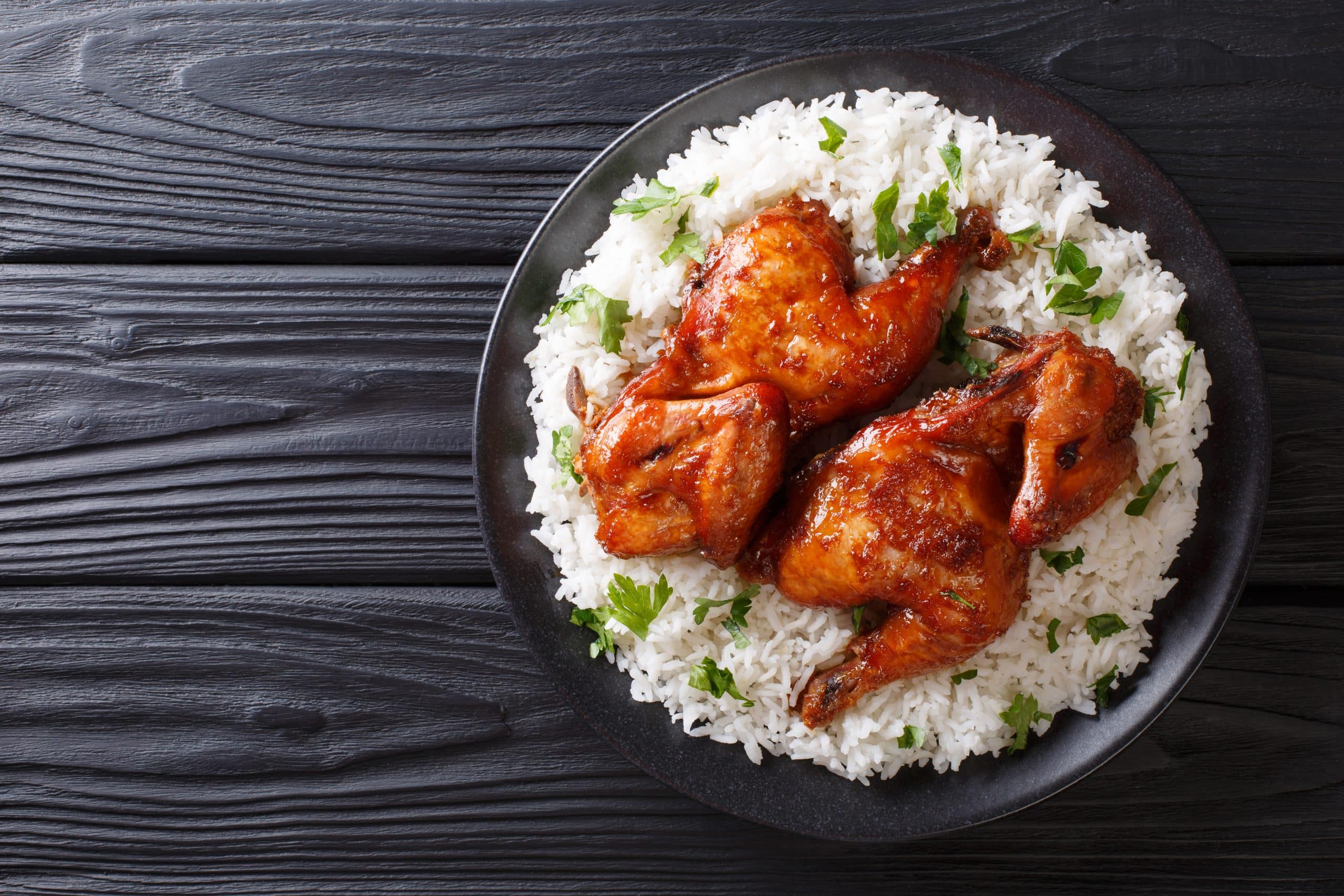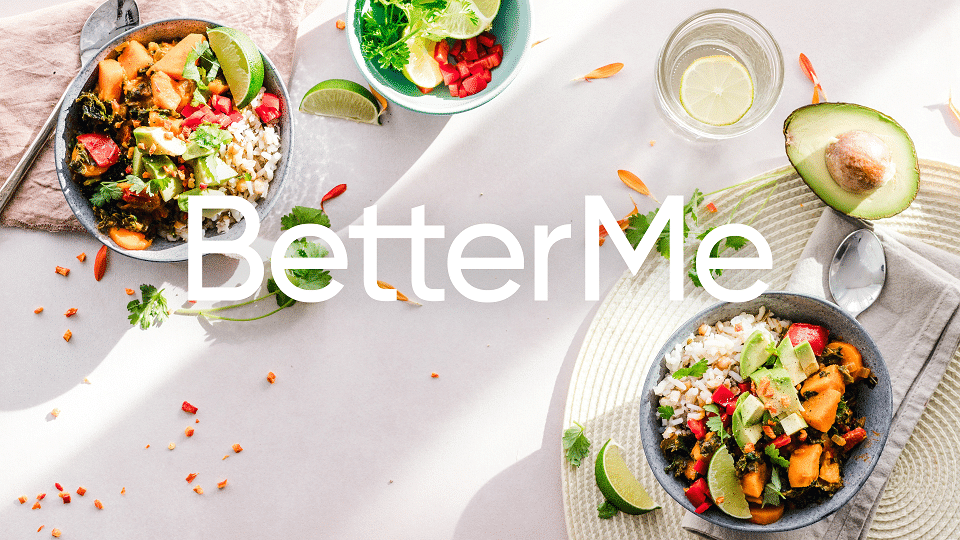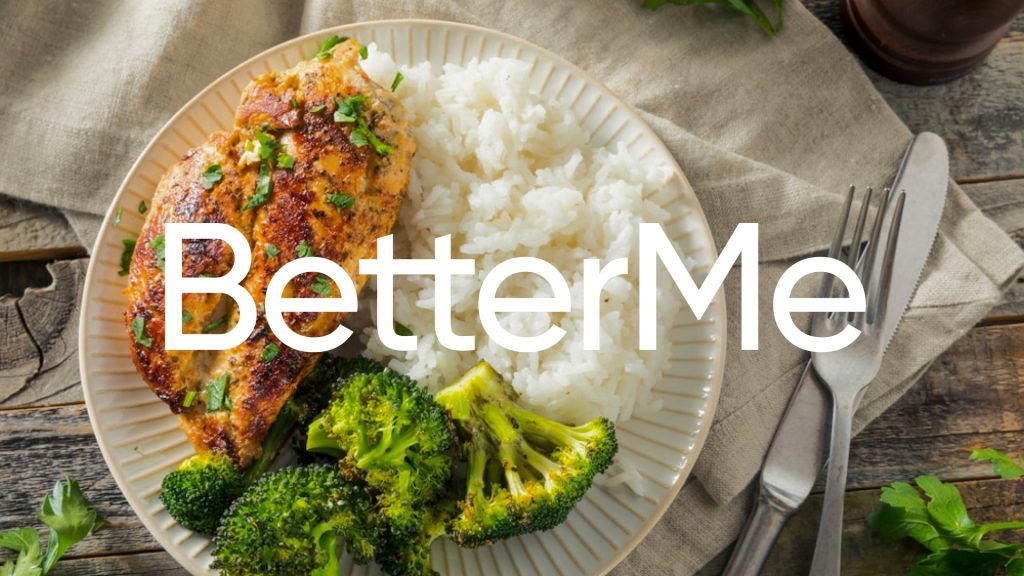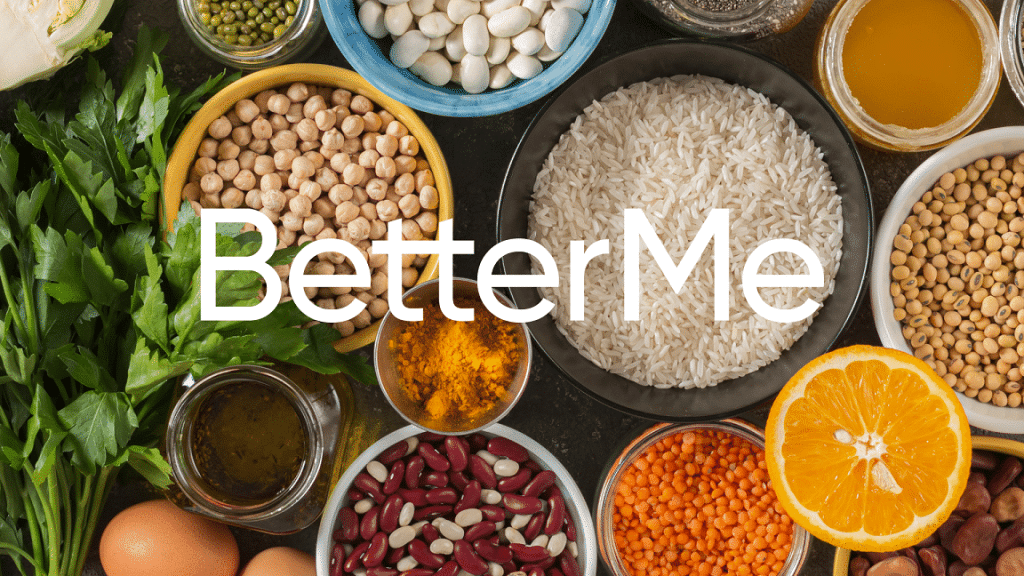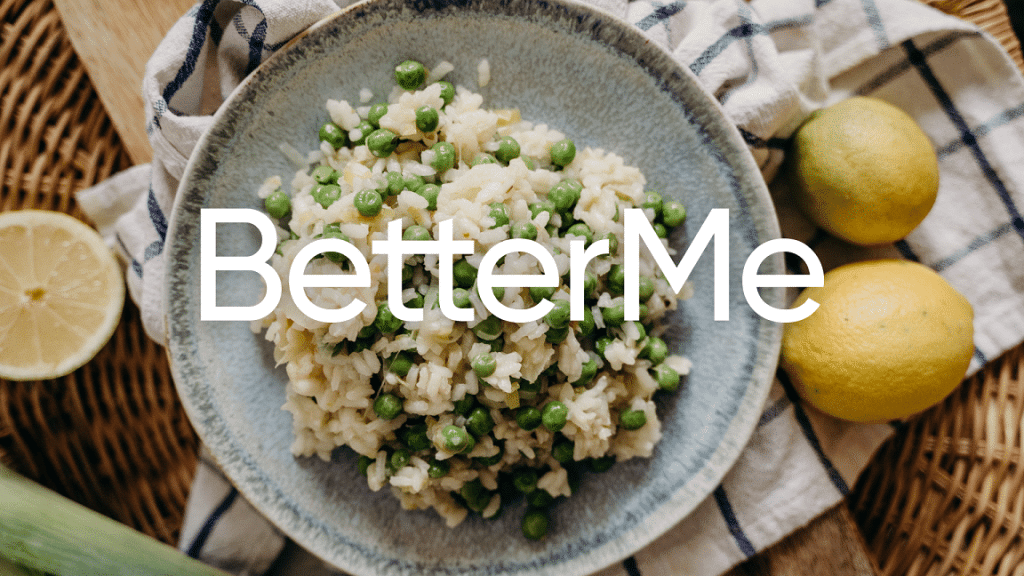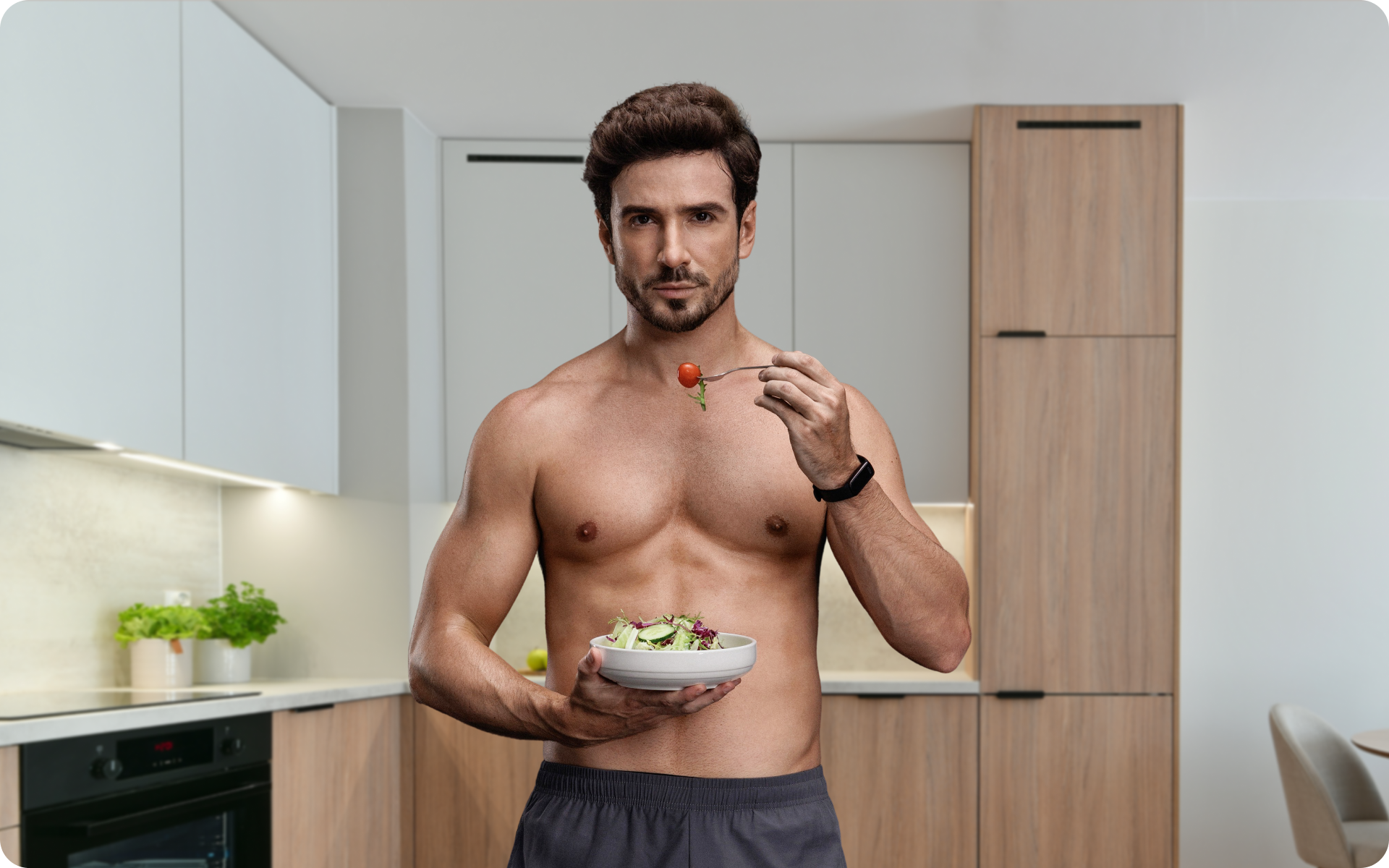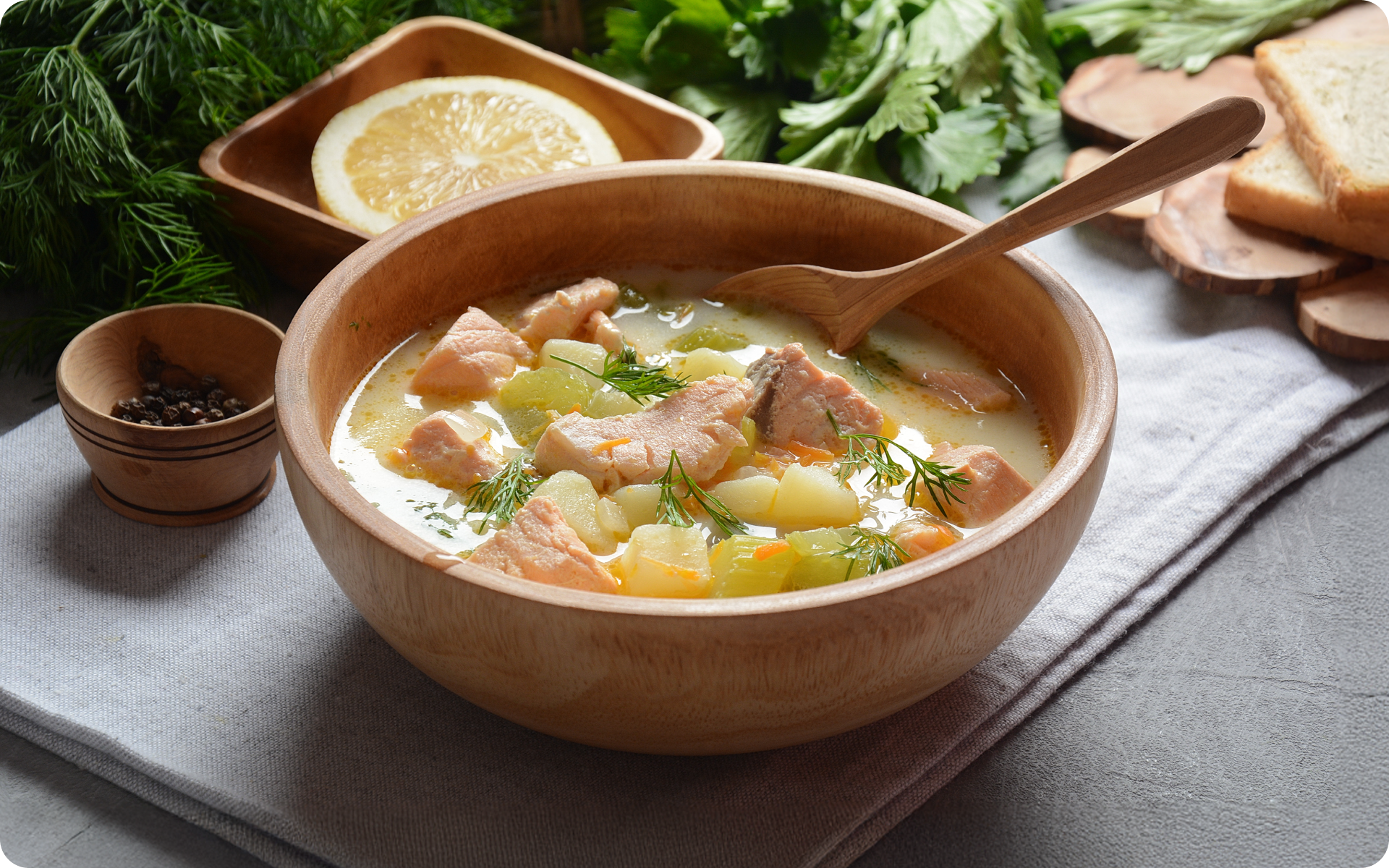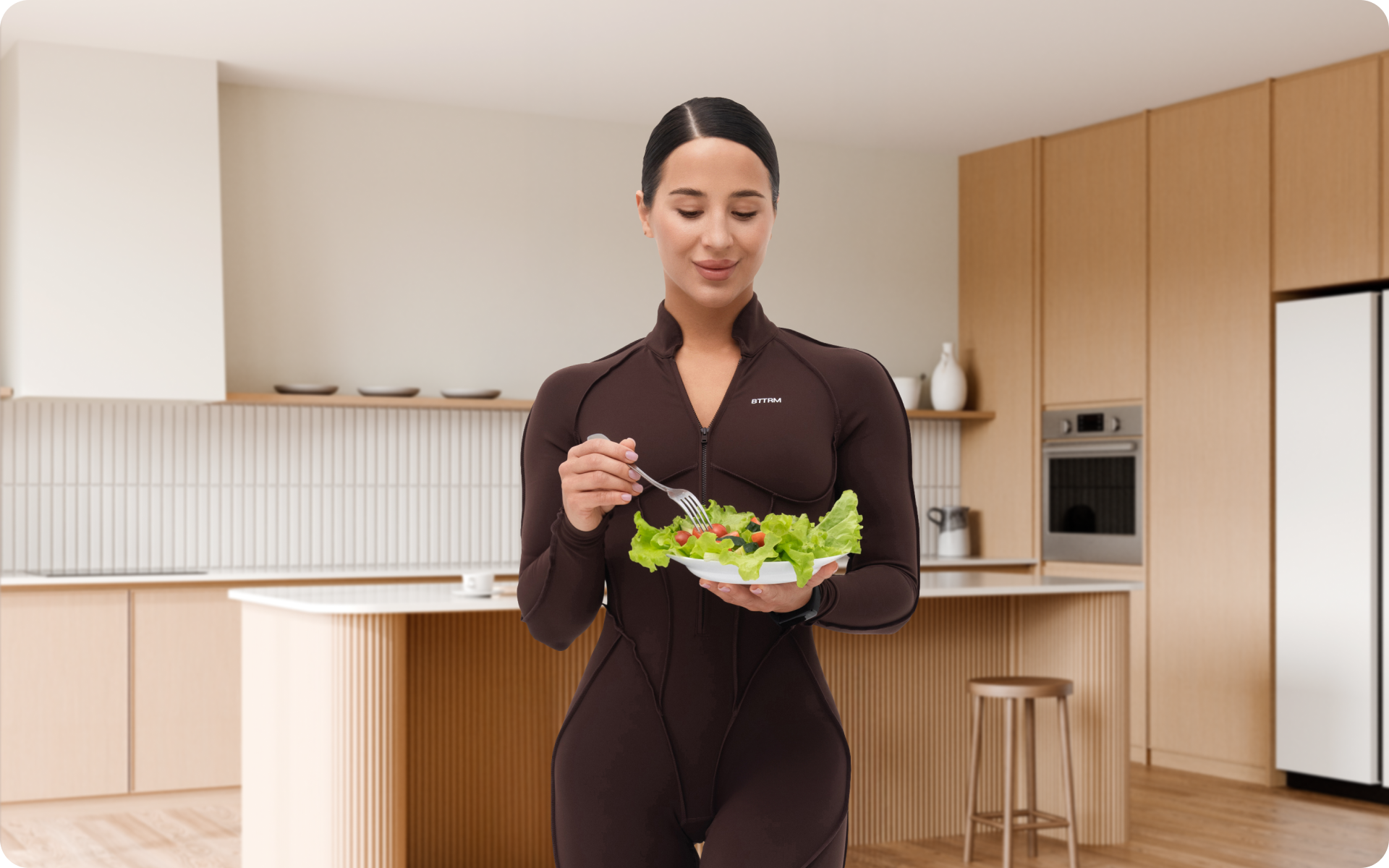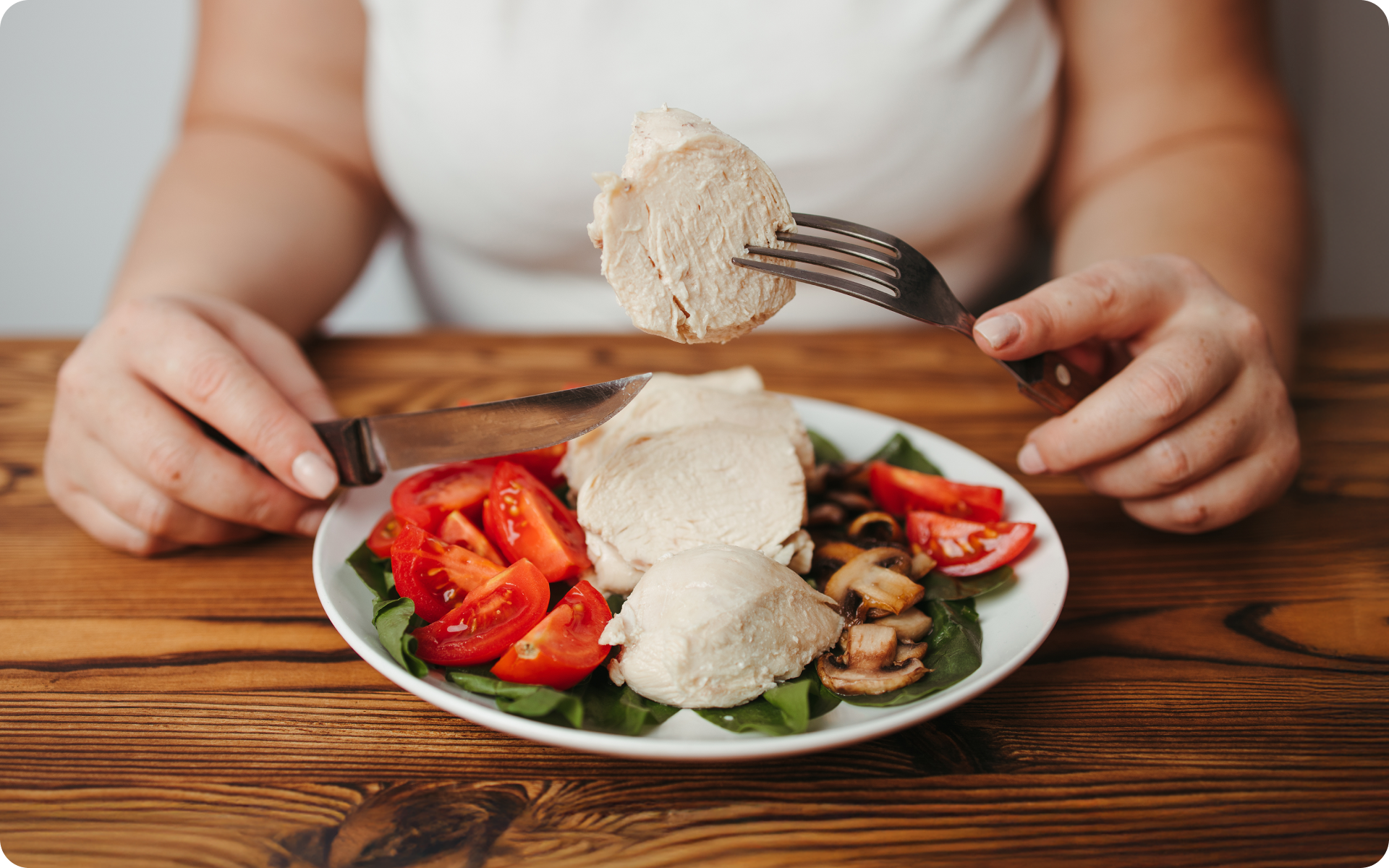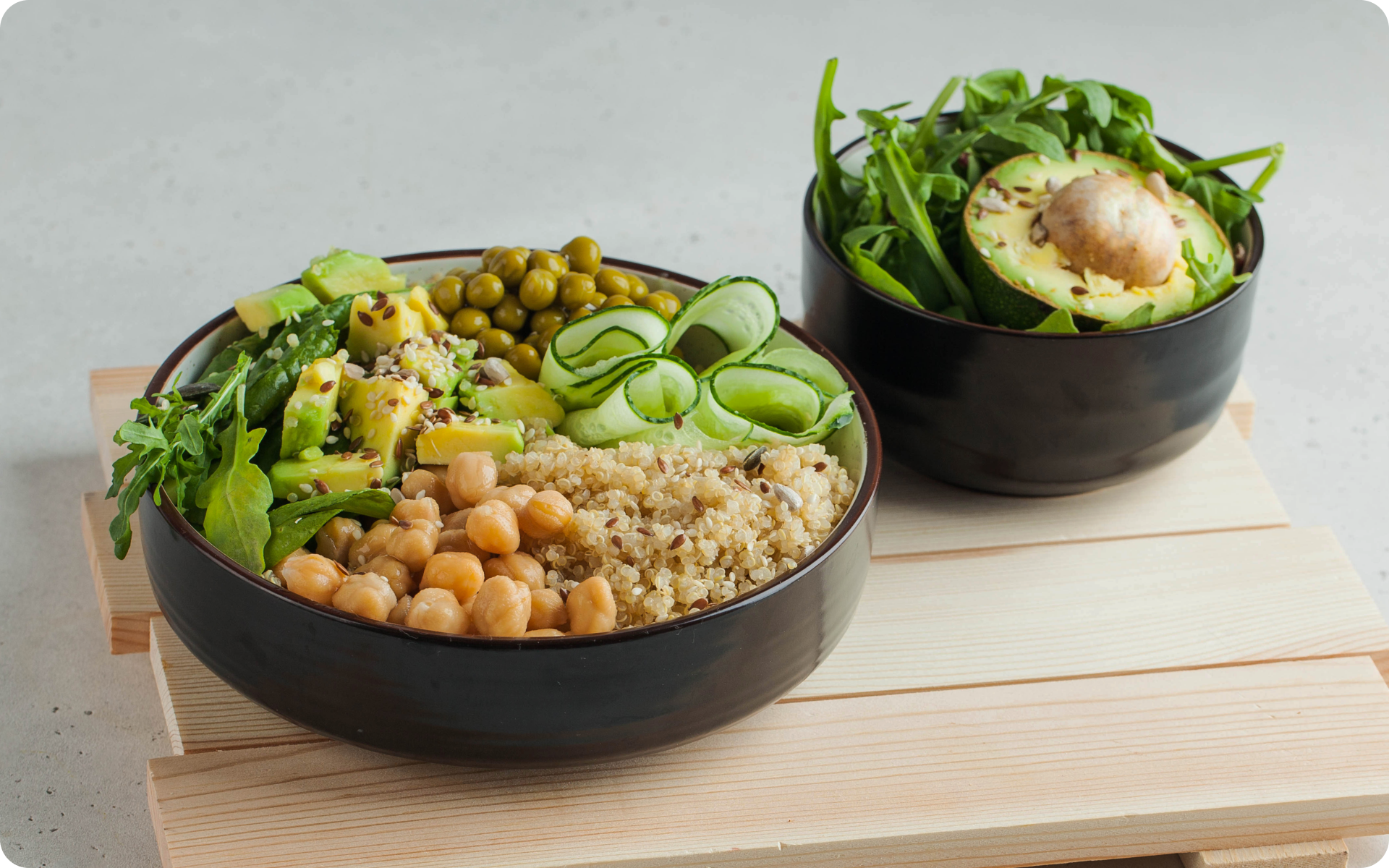There’s truly no shortage of diets that claim to work for a variety of goals, ranging from weight loss to muscle building. These diets usually focus on altering your intake of calories and macronutrients in various ways, and while some have a solid foundation in science, others may not be as safe or effective. Among the many diet plans out there, the chicken and rice diet has generated significant interest. The chicken and rice diet is a relatively simple meal plan that revolves around consuming these two primary ingredients. While it may seem like an oversimplification of nutrition, this diet has its own set of advantages and disadvantages. In this article, we will provide an in-depth analysis of this particular diet, addressing all your questions and concerns.
What Is The Chicken And Rice Diet?
The chicken and rice diet is a meal plan that focuses on consuming chicken and rice as the primary sources of protein and carbohydrates, respectively.
This diet is designed to be simple, easy to follow, and cost-effective while providing the essential nutrients needed for maintaining health and fitness goals.
Chicken is a lean source of high-quality protein, which is essential for muscle building, repair, and overall growth. It is also low in saturated fat and contains essential vitamins and minerals such as B vitamins, iron, and zinc (17).
Rice, on the other hand, serves as the primary carbohydrate source in this diet. It provides energy for daily activities and workouts and aids in replenishing glycogen stores in muscles.
Rice is also naturally gluten-free and easy to digest, making it suitable for individuals with gluten sensitivities or intolerances (8).
The chicken and rice diet plan can be adjusted according to individual preferences and needs. Brown rice, for example, can be chosen over white rice for added fiber and nutrients. Similarly, different cuts of chicken can be selected based on personal taste and nutritional requirements.
Read More: 4 Diet Chicken Recipes For Weight Loss
Why Do People Do The Chicken And Rice Diet?
People choose to follow the chicken and rice diet for various reasons, ranging from weight management to specific fitness goals.
Here are some possible benefits of the chicken and rice diet:
Weight Loss
The chicken and rice diet can promote weight loss by providing a balanced mix of protein and carbohydrates while being relatively low in calories and fat. Chicken is a lean protein source that helps increase satiety, thus reducing overall calorie consumption (16).
Rice, when consumed in moderation, provides energy without excessive caloric intake. Combining these two foods can create a calorie deficit, leading to weight loss.
Muscle Building
Chicken is an excellent source of high-quality protein, which is essential for muscle growth and repair (5). Consuming adequate protein in combination with resistance training can promote muscle development (19).
The carbohydrates from rice provide energy for workouts and help replenish glycogen stores in muscles, supporting optimal performance and recovery (11). So, chicken and rice diet bodybuilding may have desirable results.
Simplicity And Affordability
The chicken and rice diet is easy to follow, as it requires minimal meal planning and preparation. Both chicken and rice are widely available and relatively inexpensive, making this diet accessible to a broad range of individuals.
Dietary Restrictions
For people with certain dietary restrictions, such as gluten intolerance or celiac disease, the chicken and rice diet can be an appealing option. Rice is naturally gluten-free and serves as a suitable carbohydrate source for those who need to avoid gluten-containing grains.
Customizability
The chicken and rice diet can be easily tailored to individual preferences and dietary needs. Different cuts of chicken and types of rice can be selected based on personal taste and nutritional requirements.
Additionally, the diet can and should be supplemented with vegetables, fruits, and healthy fats to ensure balanced nutrition.
Digestibility
Both chicken and rice are easy-to-digest foods, which can be beneficial for individuals with gastrointestinal issues or sensitive stomachs. The diet’s simplicity and limited ingredients may help reduce the risk of digestive discomfort.
Want to build an attention-grabbing bubble butt, blast away fat that’s stored in all the wrong places, spring-clean your diet, turn back the clock on your skin, skyrocket your self-confidence and shatter your insecurities? Check out the BetterMe app and set this plan in motion!
Can I Lose Weight Eating Chicken And Rice?
Yes, it is possible to shed a few pounds while on the chicken and rice diet for weight loss.
The key to losing weight is to create a calorie deficit, which means burning more calories than you consume (7). Including chicken and rice in your meal plan can contribute to this goal, as both foods offer essential nutrients and can be part of a healthy diet.
Chicken is a lean source of high-quality protein, which plays a crucial role in weight loss. Protein helps increase satiety, making you feel fuller for longer and reducing overall calorie consumption (16).
Additionally, protein has a higher thermic effect than carbohydrates or fats, meaning the body burns more calories to digest and process protein (2). This can contribute to an increased metabolic rate, further supporting weight loss efforts.
Rice, when consumed in moderation, can also be part of a weight loss plan. As a source of complex carbohydrates, rice provides energy for daily activities and workouts. However, portion control is important, as excessive carbohydrate consumption can lead to weight gain (6).
Opting for whole-grain rice varieties, such as brown or black rice, can offer additional benefits due to their higher fiber content, which can improve digestion and help with weight management (9).
To enhance the potential for weight loss while following a chicken and rice-based diet, consider incorporating the following strategies:
- Practice portion control. Ensure that your serving sizes are appropriate for your caloric needs and weight loss goals. Overeating, even healthy foods, can hinder weight loss progress (22).
- Add variety. Include a range of colorful vegetables and fruits in your meals to boost nutrient intake and prevent boredom. These additions can also increase the fiber content of your diet, promoting satiety and weight loss (10).
The chicken, rice, and broccoli diet is often touted as a healthier alternative as it includes vegetables.
- Choose healthy cooking methods. Opt for grilling, baking, or steaming your chicken and rice instead of frying to minimize added fats and calories.
- Monitor overall calorie intake. Track your daily calorie consumption to ensure that you are maintaining a calorie deficit while still meeting your nutritional needs.
- Combine with regular exercise. Engage in a balanced exercise routine that includes both cardiovascular and strength training activities to support weight loss and overall health (20).
Remember that weight loss is a gradual process and requires consistency, patience, and focus on overall lifestyle changes (21). Developing a personalized weight loss plan that includes chicken and rice while addressing your unique needs and goals may be a worthwhile approach.
Read More: The Applesauce Recipe No-Sugar For When You Need A Sweet Treat
Is It Okay To Eat Chicken And Rice Everyday?
While it is possible to eat chicken and rice every day as part of a balanced diet, relying solely on these two foods, or consuming them in excessive amounts, can potentially lead to several issues.
Here are some reasons why a 30-day chicken and rice diet may be ineffective for some individuals:
1. Lack Of Variety
No matter how many different chicken and rice diet recipes you have at hand, consuming the same foods daily can become monotonous and may lead to boredom.
This could result in the temptation to indulge in unhealthy food choices, negatively impacting your health and fitness goals.
2. Nutrient Deficiencies
Chicken and rice, although nutritious, do not provide all the essential nutrients your body needs. A well-balanced diet should include a variety of vegetables, fruits, whole grains, lean proteins, and healthy fats to ensure you receive adequate vitamins, minerals, and other nutrients (4).
Eating only chicken and rice for a month may lead to nutrient deficiencies and associated health problems (13).
3. Limited Fiber Intake
White rice, in particular, is low in fiber, which is essential for maintaining digestive health and promoting satiety (9). A diet lacking in fiber can contribute to digestive issues, such as constipation, and may impede weight loss efforts (18).
Including a variety of high-fiber foods, such as whole grains, fruits, and vegetables, can help address this concern.
4. Imbalanced Macronutrient Distribution
Eating only chicken and rice may result in an imbalanced macronutrient distribution, as this combination is primarily composed of protein and carbohydrates. Healthy fats are also crucial for overall health, hormone production, and nutrient absorption (3).
Incorporating sources of healthy fats, such as avocados, nuts, seeds, and olive oil, can help achieve a more balanced macronutrient profile.
To maintain a well-rounded and balanced diet, it is crucial to include a variety of nutrient-dense foods alongside chicken and rice. This will ensure that you receive all the essential nutrients your body needs while promoting overall health and well-being (4).
If you are considering incorporating chicken and rice into your daily meal plan, consult with a healthcare professional or registered dietitian for personalized guidance based on your specific needs and goals.
When it comes to weight loss, progress is made by inches, not miles, so it’s much harder to track and a lot easier to give up. BetterMe app is your personal trainer, nutritionist and support system all in one. Start using our app to stay on track and hold yourself accountable!
FAQs
Why Eat Chicken And Rice?
Chicken and rice are popular dietary choices because they are both nutritious and versatile. Chicken is a lean source of high-quality protein, essential for muscle growth, repair, and overall health (15). It is also low in saturated fat and contains vital vitamins and minerals.
Rice is a source of complex carbohydrates that provide energy for daily activities and workouts. Additionally, rice is gluten-free, making it suitable for individuals with gluten sensitivities or intolerances.
Is A Chicken And Rice Diet Good For You?
A chicken and rice diet can be beneficial when incorporated into a well-balanced meal plan that includes a variety of other nutrient-dense foods.
This diet can promote weight loss and muscle building, and provide essential nutrients when practiced with moderation and proper portion control.
However, relying solely on chicken and rice can lead to nutrient deficiencies and may not be suitable for everyone. It is always advisable to consult with a healthcare professional or registered dietitian before starting any new diet plan.
What Is The Chicken And Brown Rice Diet?
The chicken and brown rice diet is a variation of the chicken and rice diet that specifically incorporates brown rice instead of white rice. Brown rice is a whole grain that retains its bran and germ layers, making it higher in fiber, vitamins, and minerals compared to white rice (14).
This diet focuses on consuming chicken as the primary protein source and brown rice as the main carbohydrate source, often supplemented with vegetables, fruits, and healthy fats for balanced nutrition.
What To Add To The Chicken And Rice Diet?
To ensure a well-rounded and balanced diet, consider adding a variety of colorful vegetables, fruits, whole grains, and healthy fats to your chicken and rice meal plan.
Healthy fats from sources like avocados, nuts, seeds, and olive oil support hormone production and nutrient absorption, while vegetables and fruits provide essential vitamins, minerals, and antioxidants that promote overall health (1) (10).
Including these additional food groups will help prevent nutrient deficiencies and promote a more enjoyable and sustainable eating experience.
The Bottom Line
The chicken and rice diet can be a beneficial meal plan when incorporated into a well-balanced and varied diet.
Chicken provides high-quality protein, while rice serves as a source of complex carbohydrates, both of which are essential for overall health, weight management, and muscle building. However, relying solely on these two foods can lead to nutrient deficiencies and a lack of variety in your diet.
To ensure optimal health and achieve your personal goals, it’s crucial to include a diverse range of nutrient-dense foods, such as vegetables, fruits, whole grains, and healthy fats, alongside chicken and rice. Practicing portion control and engaging in regular exercise can further support your efforts toward a healthy lifestyle as well.
Remember to consult with a healthcare professional or registered dietitian if you plan to incorporate chicken and rice into your daily meal plan.
DISCLAIMER:
This article is intended for general informational purposes only and does not serve to address individual circumstances. It is not a substitute for professional advice or help and should not be relied on for making any kind of decision-making. Any action taken as a direct or indirect result of the information in this article is entirely at your own risk and is your sole responsibility.
BetterMe, its content staff, and its medical advisors accept no responsibility for inaccuracies, errors, misstatements, inconsistencies, or omissions and specifically disclaim any liability, loss or risk, personal, professional or otherwise, which may be incurred as a consequence, directly or indirectly, of the use and/or application of any content.
You should always seek the advice of your physician or other qualified health provider with any questions you may have regarding a medical condition or your specific situation. Never disregard professional medical advice or delay seeking it because of BetterMe content. If you suspect or think you may have a medical emergency, call your doctor.
SOURCES:
- A healthy approach to dietary fats: understanding the science and taking action to reduce consumer confusion (2017, biomedcentral.com)
- A high-protein diet for reducing body fat: mechanisms and possible caveats (2014, biomedcentral.com)
- Biochemistry, Lipids (2023, ncbi.nlm.nih.gov)
- Defining a Healthy Diet: Evidence for the Role of Contemporary Dietary Patterns in Health and Disease (2020, mdpi.com)
- Dietary Protein and Muscle Mass: Translating Science to Application and Health Benefit (2019, mdpi.com)
- Different carbohydrate exposures and weight gain—results from a pooled analysis of three population-based studies (2023, nature.com)
- Fat loss depends on energy deficit only, independently of the method for weight loss (2007, pubmed.ncbi.nlm.nih.gov)
- Gluten-Free Alternative Grains: Nutritional Evaluation and Bioactive Compounds (2019, mdpi.com)
- Health benefits of dietary fiber (2009, academic.oup.com)
- Health Benefits of Fruits and Vegetables (2012, sciencedirect.com)
- High-Quality Carbohydrates and Physical Performance (2018, journals.lww.com)
- Human health implications of organic food and organic agriculture: a comprehensive review (2017, biomedcentral.com)
- Micronutrient deficiency in obese subjects undergoing low calorie diet (2012, biomedcentral.com)
- Phytochemical Profile of Brown Rice and Its Nutrigenomic Implications (2018, mdpi.com)
- Protein Function – Molecular Biology of the Cell (2022, ncbi.nlm.nih.gov)
- Protein, weight management, and satiety (2008, sciencedirect.com)
- Quality of Chicken Meat (2017, intechopen.com)
- Stopping or reducing dietary fiber intake reduces constipation and its associated symptoms (2012, ncbi.nlm.nih.gov)
- The impact of protein quality on the promotion of resistance exercise-induced changes in muscle mass (2016, biomedcentral.com)
- The Role of Exercise and Physical Activity in Weight Loss and Maintenance (2014, ncbi.nlm.nih.gov)
- Weight-Loss and Maintenance Strategies (2004, ncbi.nlm.nih.gov)
- Why We Eat Too Much, Have an Easier Time Gaining Than Losing Weight, and Expend Too Little Energy: Suggestions for Counteracting or Mitigating These Problems (2021, mdpi.com)

